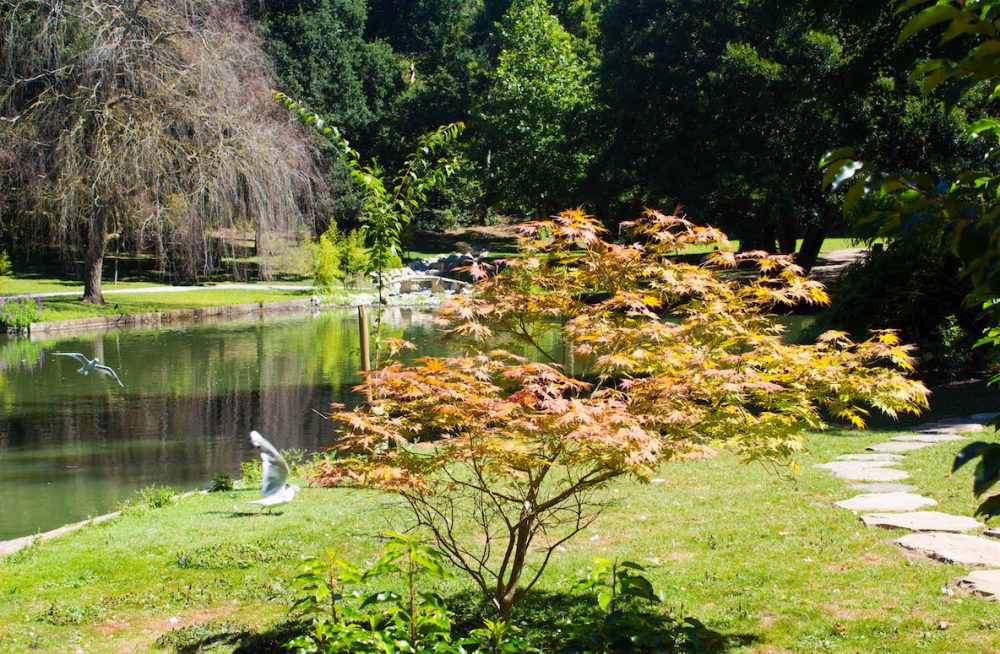Far too many of us carry a heavy stress load all the time. Often our stress bucket is almost full, so it takes very little to bring us to a point of feeling overwhelmed. So many of us live in a state of constant anxiety or worry.
This is very different for animals. Every day they face finding food and shelter to survive or being eaten by a bigger and more powerful animal. Once they escape from the lion or tiger they can rest and recover until the next chase.
Sadly, for us humans, we tend to remain in this heightened state of fear and worry even after we’ve survived or overcome a challenge. We ruminate on ‘what if’ and ‘what might happen’. This eats into the time we could be spending building supportive relationships or looking after our health and wellbeing.
We humans are designed to face short-term stressors. Our ancestors had solvable and urgent survival goals – build a shelter, find food, find water, and connect with your family/community. When they failed to achieve these then they did not survive for very long.
Modern life has evolved beyond this simplistic model. With modern technology we believe ourselves to be so much more sophisticated than our ancestors.
We are connected to everyone online and sometimes disconnected from the people in our lives and the communities where we live. Loneliness is prevalent amongst all age groups. We invite stress when we compare ourselves to people we see on social media, even though we have nothing in common with them.
Everyday we’re bombarded with news of suffering, divisions and greed in different parts of the world, and closer to home. This feeling of powerlessness can add to our feelings of stress.
We have access to vast amounts of data, yet we make poor decisions.

For example, we know water is good for the body yet that is often the last thing we drink. We know that healthy food keeps us well, yet we make unhealthy choices regularly. There have been an increasing number of studies linking diet to gut health to mental health which means what we eat can affect our mood and thinking ability.
The truth is stress can be debilitating or it can be a motivator by helping us to do better. The first step is to recognise who or what is causing you stress and begin to take steps to reduce the impact of this. At the same time build your capabilities so that you can tap into your resilience when facing a stressful situation.
Recognise that some things are in you power to control and those things you can begin to resolve. Other stressors may be within your power to influence, and you will need to work collaboratively, with others, to find a solution. And finally, there are stressful things in the world that we do not have the power to solve yet we can choose to be a positive light in our corner of the world. You are welcome to contact me for holistic counselling or coaching here
So, what can you do to tackle your level of stress?
Pay attention to your body and when you feel stress – who or what increases stress in your life?
Once you become aware and notice then you can try to pre-empt these influences and become proactive instead of reactive.
For example, could you introduce clearer boundaries for yourself and others so that you agree to demands that are realistic for you?
Are there people in your life who you love and care for, but you feel stressed in their presence? Is there anything you can do about that?
As well as noticing what increases stress in your life you can also review what practices reduces the experience of stress for you.
A few ideas to improve your resilience and reduce the impact of stress on your life:
- Regular exercise, movement or dancing
- Spending more time in nature
- Better quality sleep
- Music and other sounds
- Developing more authentic friendships and not just contacts
- Having a creative outlet such as baking, journalling, knitting, colouring, painting
- More presence, less multi-tasking
- Inviting in more positive people and spaces
- Doing therapy to work through past or present pain and trauma.
- Trying one or more of mindfulness, meditation and prayer
- Working on your mindset, patience, resilience
- Finding a purpose bigger than yourself that nudges you forward.
Hopefully by becoming more aware of your stressors and increasing your ability to be resilient you will find it less difficult to cope with the many surprises life throws your way. The pace of change will continue, so it is about finding solid ground to stand on.
Do sign up for my newsletter here to keep connected. Continue to develop good habits and begin to trust yourself. Let’s truly embody our individuality and do less of the comparing and competing. Wishing you less stress and more peace.

